Why do we blush?
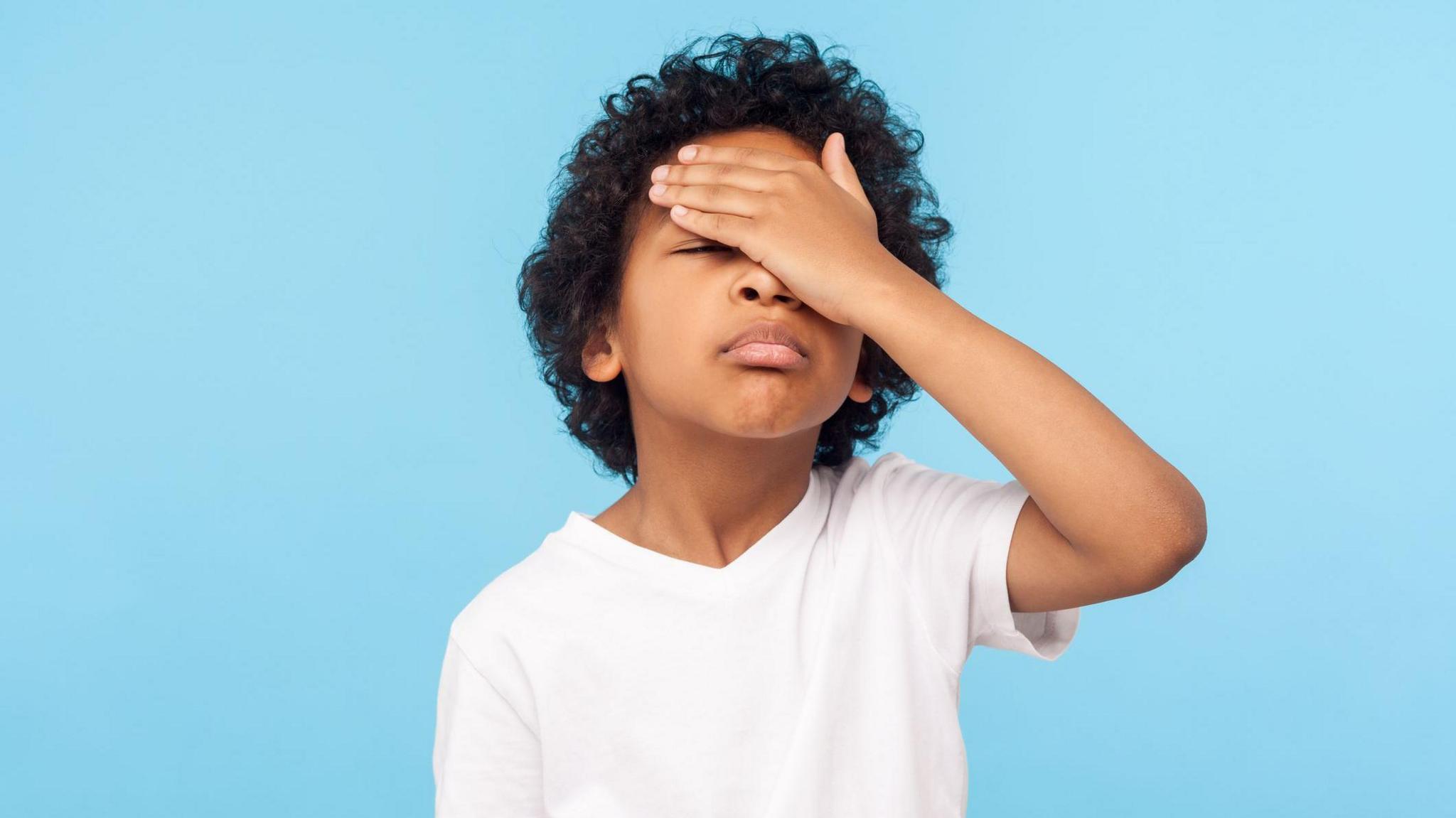
Researchers at the University of Amsterdam have been trying to figure out why we blush when we're embarrassed
- Published
Falling over in front of your friends, toilet paper stuck to your shoe or a morsel of spinach between your teeth.
What do all these things have in common? They are all a little bit embarrassing!
And we all know what happens next - your face gets hot, and you can't stop blushing.
But while blushing is something that can happen to all of us, scientists have never really known why.
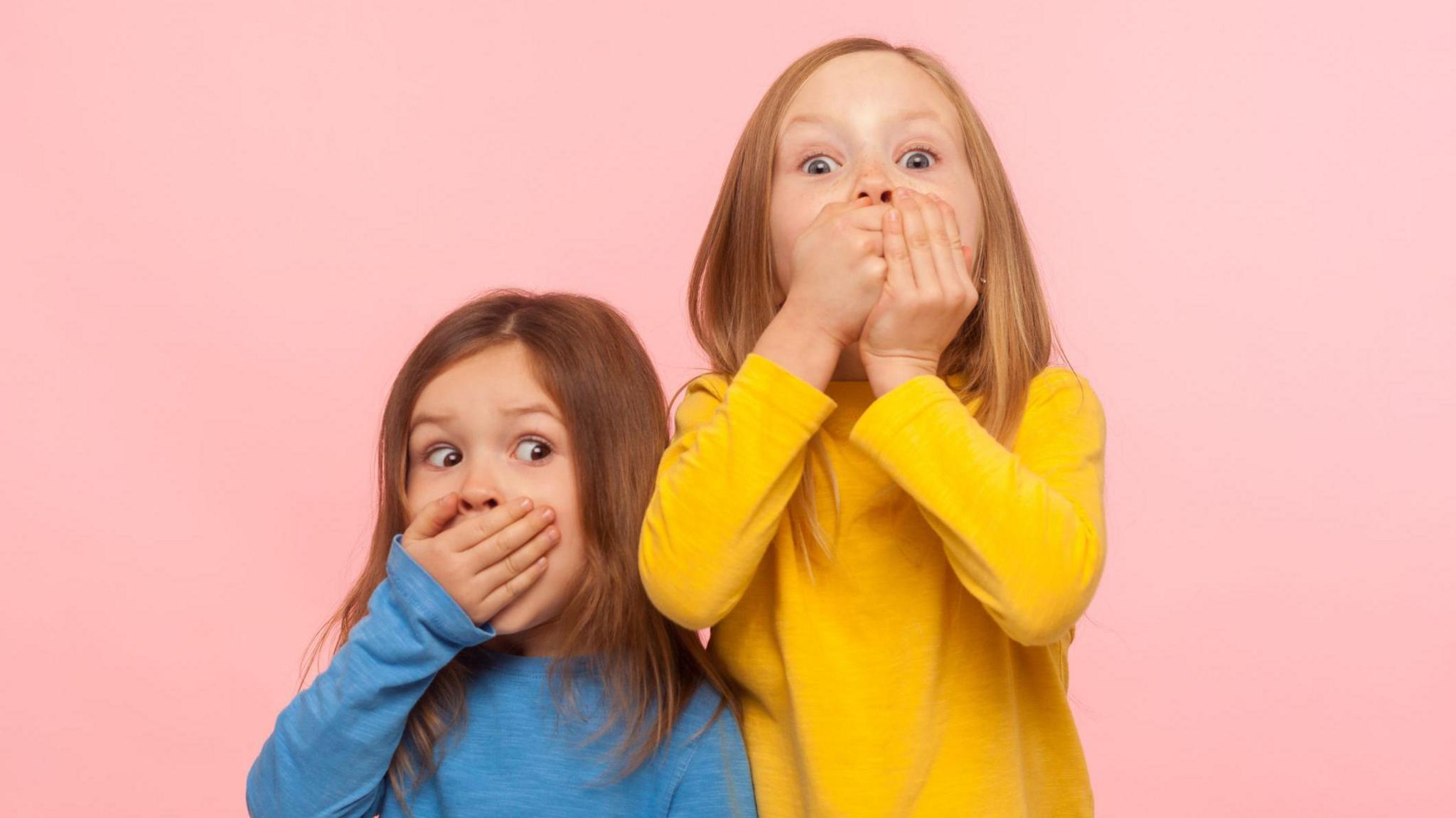
Do you blush when you're embarrassed?
So, a group of researchers at the University of Amsterdam wanted to figure it out.
They set up an experiment with 40 girls and women between the ages of 16 to 20, where they were asked to do karaoke to difficult songs like Adele's Hello and Let It Go from Frozen.
Their singalongs were video-recorded, and they were asked to watch them back in an MRI machine, which uses strong magnetic waves to give doctors detailed images of inside the body.
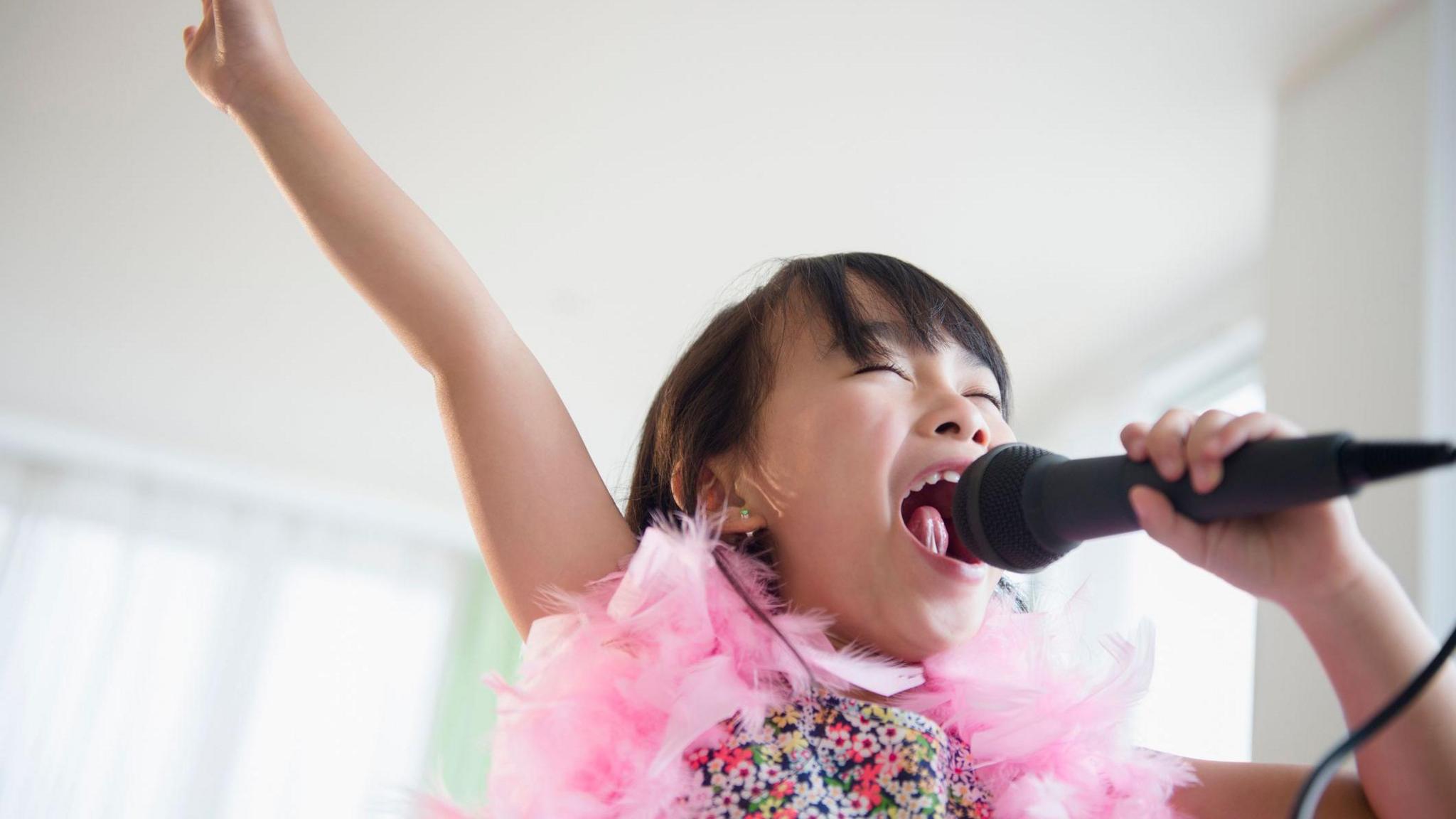
Does singing make you cringe, or do you have a great voice?
The researchers were particularly interested in seeing which parts of the brain lit up.
They also measured the temperature of the volunteer's cheeks - blushing doesn't look obvious on all skin tones, but everyone's face can get warm.
Not only did the volunteers have to watch their own performances back, they were told that all the other participants in the study would be watching them at the same time.
As you can imagine, this triggered a lot of blushing.
What song would you be most embarrassed to sing at karaoke? Let us know in the comments!
More science stories
The 'frog saunas' helping species to fight off fungus
- Published16 July 2024
New spacesuits can turn wee into water
- Published12 July 2024
World's 'rarest whale' washes up on New Zealand beach
- Published16 July 2024
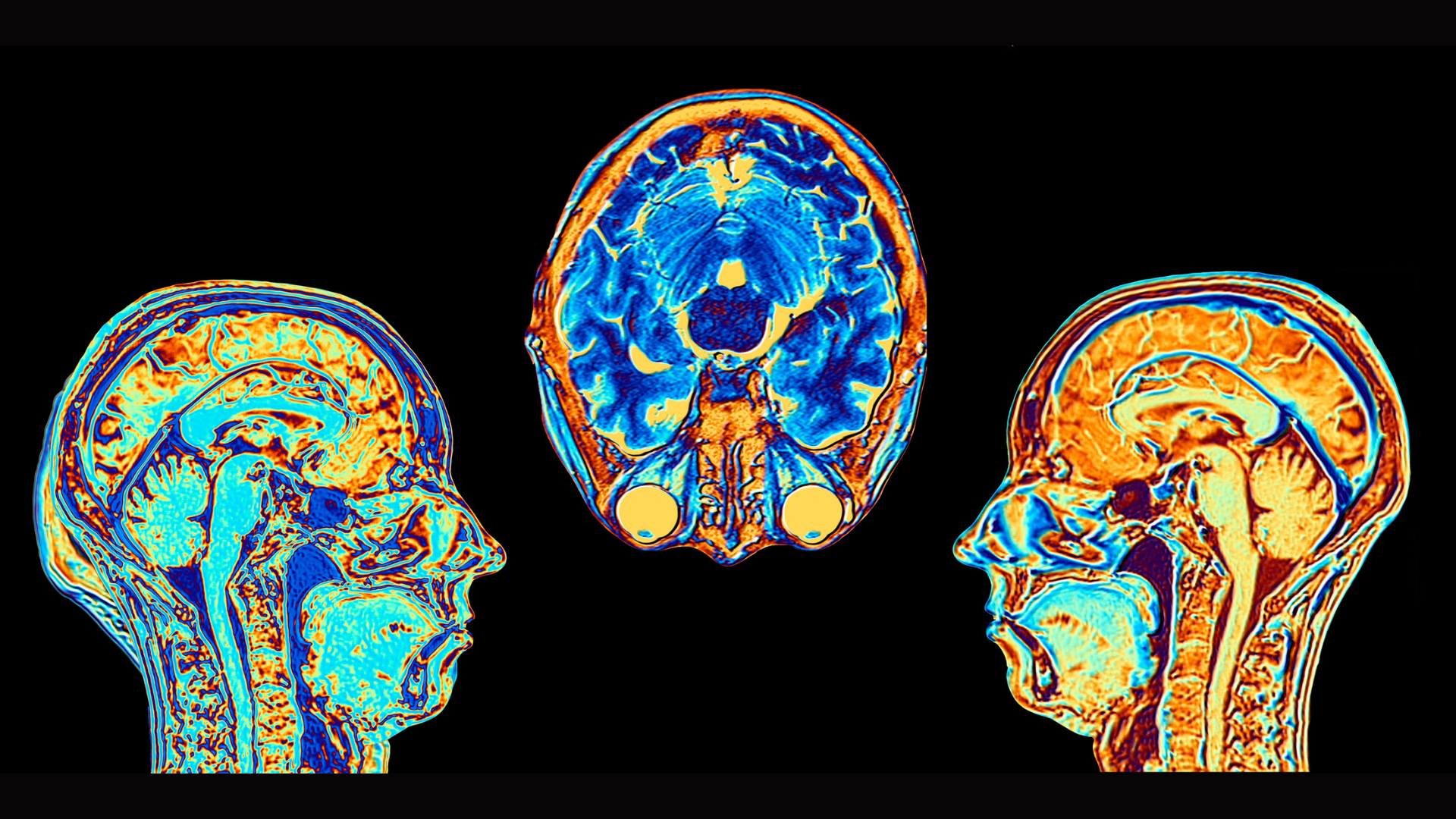
This is what the brain looks like after an MRI scan
And the team were quite surprised by what they found.
In the past, people thought blushing involved thinking about what other people thought of us. In other words, if you think a person has seen you do something embarrassing, you'd care about their opinion, and so you might blush.
But the parts of the brain that lit up during the experiment would suggest differently.
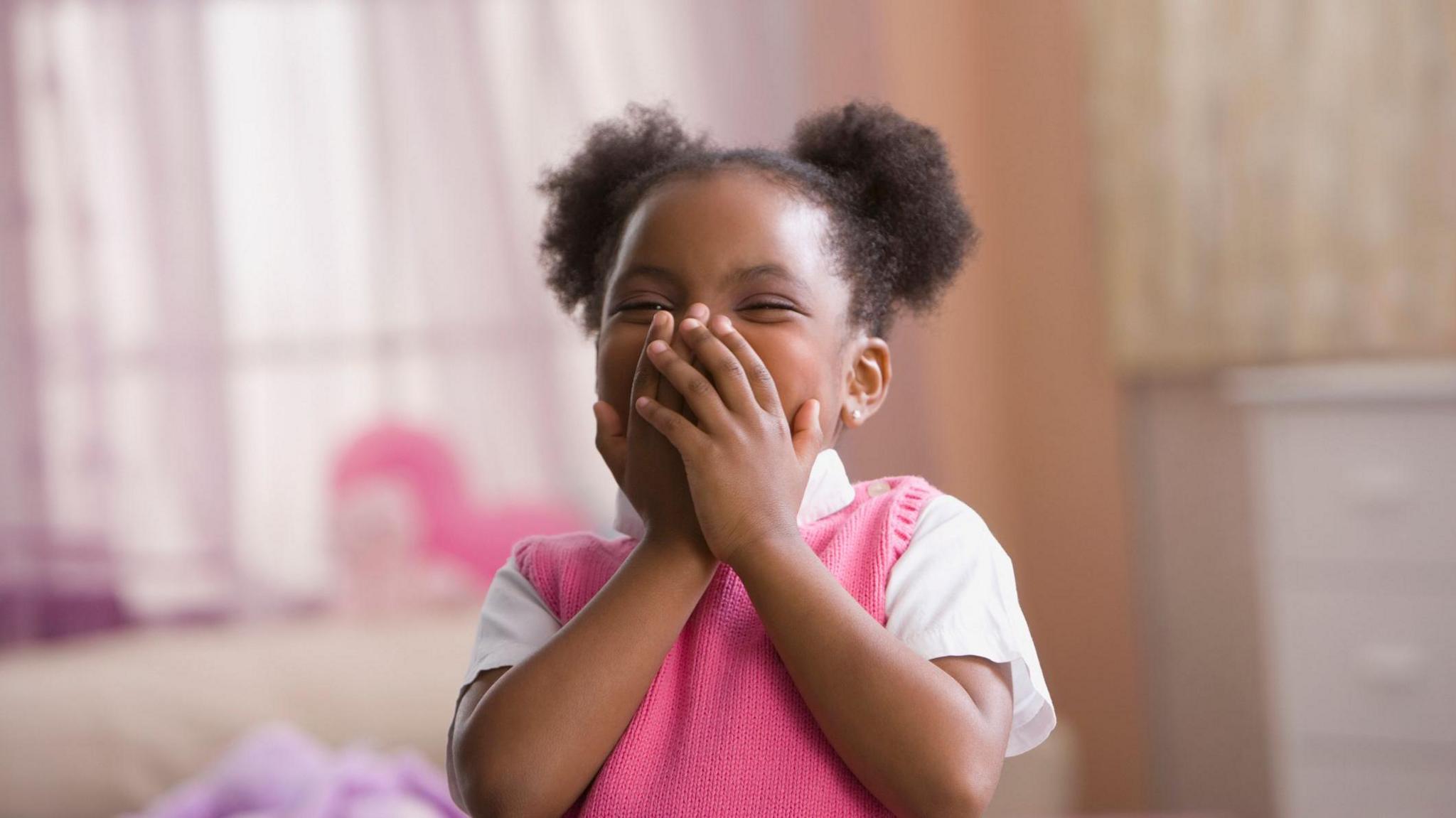
Milica Nikolic, who lead the study, told BBC Newsround: "We found that when teenagers blushed more, their brain was more active in the areas that usually activate when we become emotional and when something grabs our attention.
"We did not find any activity in the brain areas that usually activate when people think about what others may think of them."
The area that lit up is called the cerebellum, which is usually responsible for movement and coordination.
So they concluded that it’s not worrying about other people’s opinions that triggers blushing, rather, it’s an automatic response to being the centre of attention.
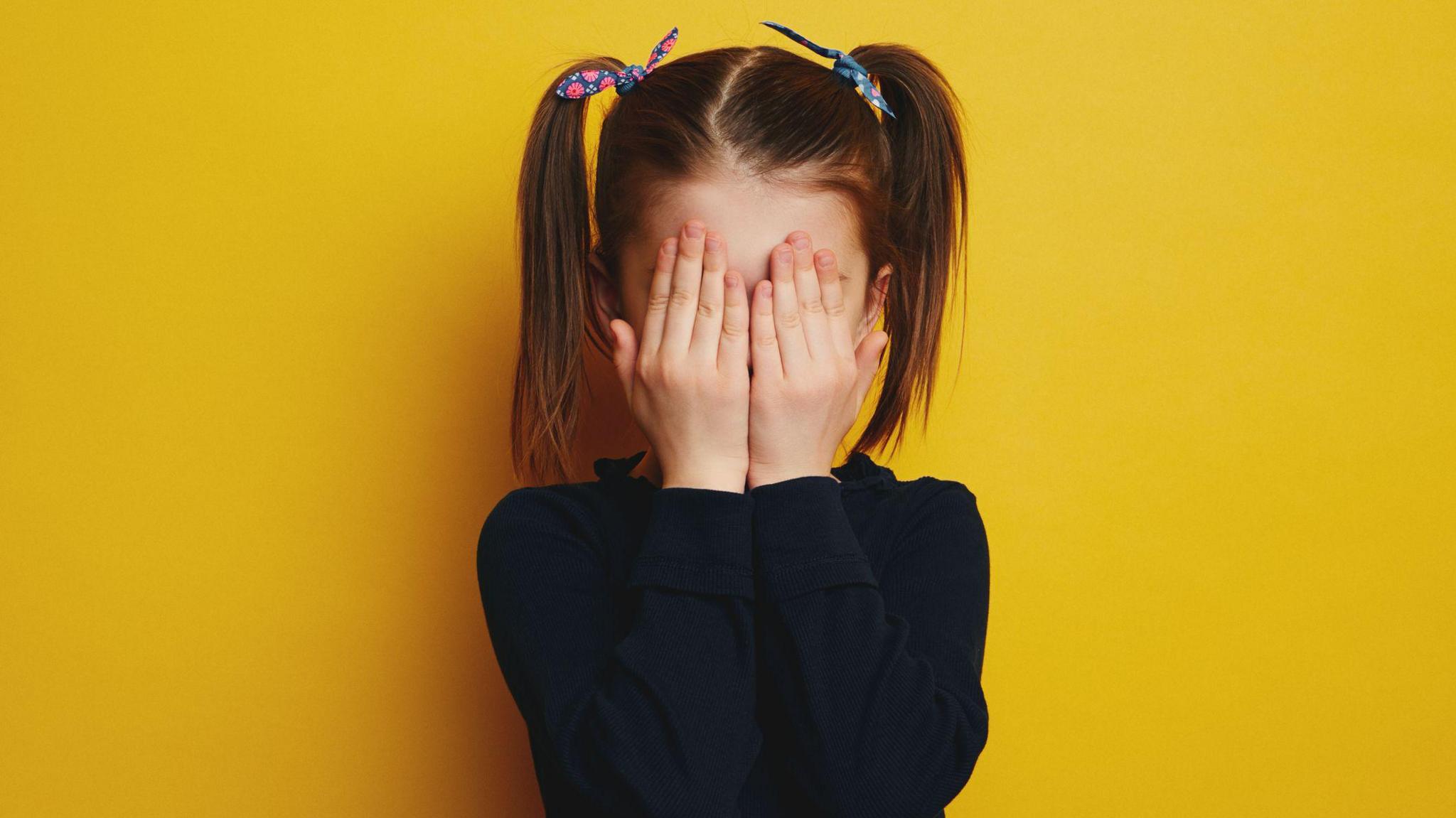
The researchers found blushing is automatic, and not a complex brain process
Next steps
Milica explained that blushing being automatic could mean very young children blush as well.
Because of this, they hope to do further experiments with younger kids.
Their findings, and the findings of any future tests, may also help us understand "what is in someone's head when they blush," Milica continued.
"Considering that there are people who are scared of blushing in public, the results may also help us understand these people better."
Don't forget to let us know what song you'd be most embarrassed to sing in the comments!
